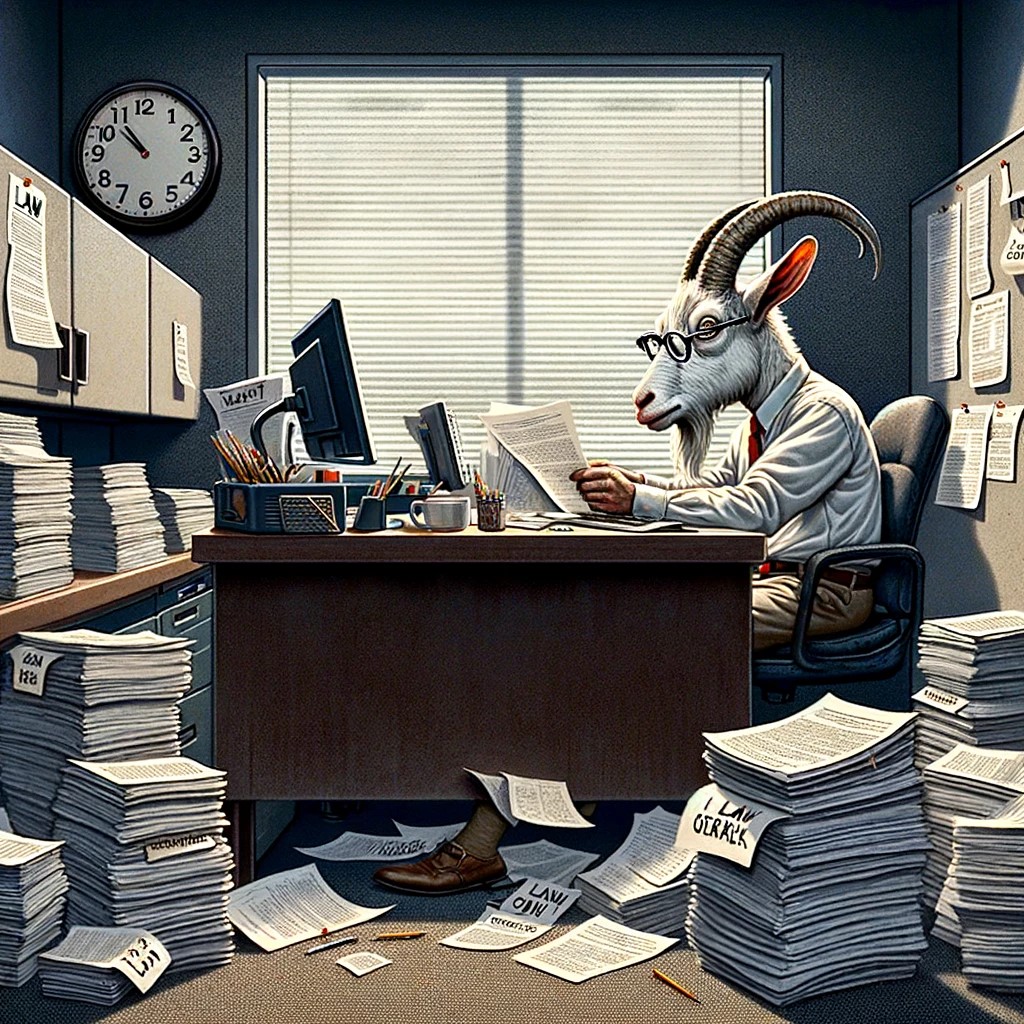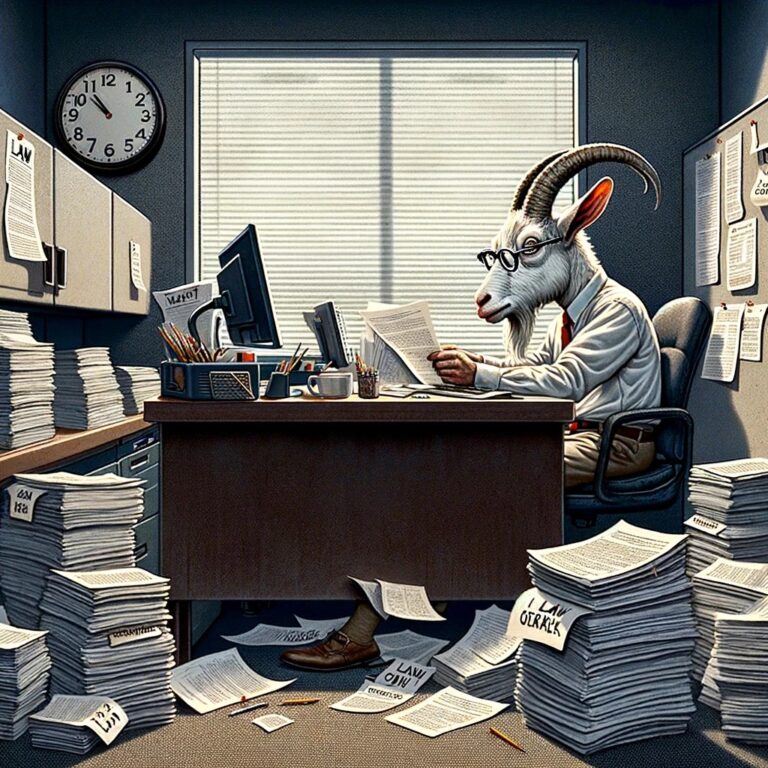Perhaps because of humanity’s long tribal history, people apparently need scapegoats to shed the weight of sins and responsibilities. In democratic countries, “unelected civil servants” are among the favorite scapegoats. It is an easy path to follow under the sun of simple beliefs, and I admit that I once found it tempting.
Elon Musk also appears to be entering this impasse in his otherwise dignified resistance to Australian government censorship (“Elon Musk slams Australia for ordering stabbing video removed“, Wall Street JournalApril 23, 2024):
“Should the Electronic Security Commissioner (an unelected official) in Australia have authority over every country on Earth? he posted, using a disapproving nickname for the electronic security commissioner.
What difference would it make if the commissioner were an elected official? It was elected officials who passed the laws requiring the hiring of bureaucrats to enforce these same laws. Indeed, the Australian Prime Minister himself, undoubtedly the no longer ultra elected officials of this country, supported his bureaucrat against Musk’s social networks.
It is true that without any non-elect, the power of the elected would be reduced to nothing. But this does not justify allowing the whims of elected officials to replace the powers they have delegated to bureaucrats. Power, whoever exercises it, must be limited by the rule of law, and we can trust politicians even less than bureaucrats to respect this limit. Any individual or business, except cronies, faces a more perilous situation if an elected official can rule according to his or her whims.
Consider the following example. Imagine what would happen if Donald Trump could, as is being debated among his future advisors, run the Federal Reserve (see “Trump allies hatch plans to weaken Fed independence“, Wall Street Journal, April 26, 2024). Monetary creation at the call of American presidents in the 1960s and 1970s generated inflation which, at the end of the period, reached more than 10% per year, higher than that we experienced during the last three years due to the Trump and Biden deficits. In the early 1980s, two recessions were necessary to bring inflation under control.
There are good reasons to believe that central banks not only useless but harmful. We have good reason to believe that truly private money and banks would be more effective. But there is no doubt that monetary policy would be more capricious and dangerous if carried out by an elected tsar. The result would probably be an increased monetization of public deficits which could lead to hyperinflation.
Let’s return to our general topic. Elected officials have too much power, which allows them, even obliges them, to delegate part of it to the administrative state. Fortunately, the laws force the latter, even imperfectly, to follow certain general rules. The problem is power, not how it is shared within the state (although sharing may limit it to some extent). It would be much worse if power were concentrated in the hands of politicians, especially under a tsarist presidency. The same argument would apply to Joe Biden or any other glorified politician. Of course, the more ignorant the chosen one, the higher the probability of stupid mistakes.
Elections do not provide the necessary constraint. The typical voter remains rationally ignorant because his vote does not change the outcome of an election and there is therefore no incentive to devote time and resources to gathering information about political programs, public policies and their likely consequences. Most voters know little about how “their” government works. Ask a random voter to tell you what the money supply is made of, or what the annual deficits were under Trump and Biden, and they won’t even know where to find the answer. If he finds correct information with the help of Google, he will probably not understand the methodology and the meaning of the numbers.
Economics of public choices strongly suggests that the democratic glorification of “elected officials” is no less dangerous (and, I would argue, probably more dangerous) than the mystique of disinterested bureaucrats. But by working within rules, as is expected of them, bureaucrats can at least mitigate the whims of politicians.
*****************************

A government bureaucrat transformed into a scapegoat to enforce the laws adopted by elected officials (Source: DALL-E under the influence of Pierre Lemieux)


